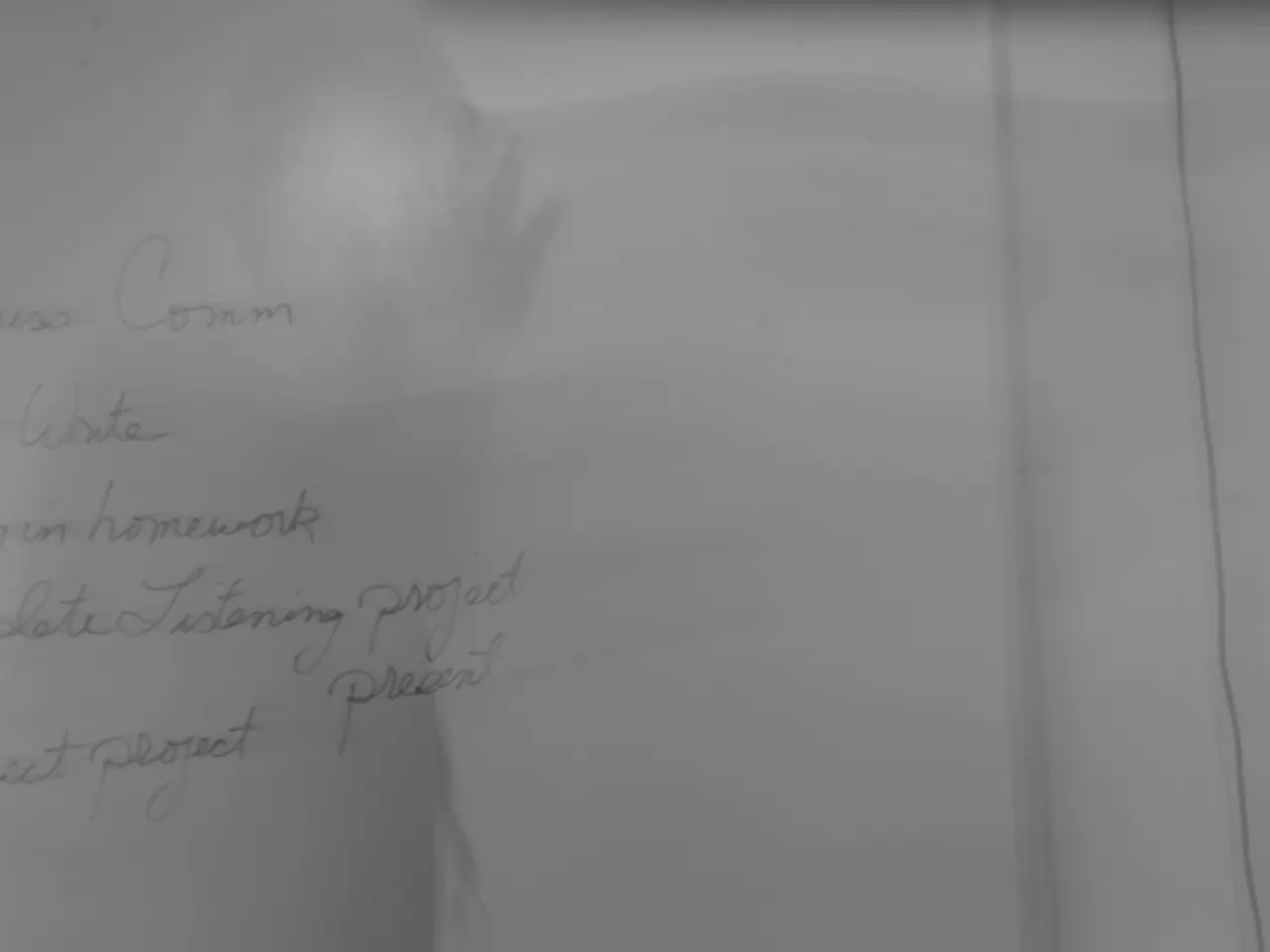Israeli sanctions deliberation stalemate: Sánchez supports, Merz seems hesitant
In a series of recent developments, Spain and Germany have found themselves at odds over their respective stances on Israel, particularly regarding trade sanctions, political sanctions, and the participation of Israel in international events such as the Eurovision Song Contest.
Last week, Germany's Federal Chancellor, Friedrich Merz, visited Spain for the first time since his inauguration. During the meeting, discussions centred around bilateral relations, European policy, and security policy. However, differences in Israel policy were a dominant theme.
Merz reaffirmed Germany's support for Israel but also defended his decision to restrict arms exports to Israel. On the other hand, Spain has been one of the EU countries most sharply criticizing Israel for its military actions in the Gaza Strip.
The CDU, CSU, and SPD within the black-red coalition in Germany have different views on the question of sanctions against Israel. While the CDU has expressed disapproval of trade sanctions, it has shown some openness to personal sanctions, the CDU, CSU, and SPD within the black-red coalition have different views on the question of sanctions against Israel.
Spain, led by Prime Minister Pedro Sánchez, has been calling on the EU Commission for more than a year to suspend the strategic partnership agreement between the EU and Israel. Sánchez expressed satisfaction with the sanctions proposed by the EU Commission, including the withdrawal of trade preferences for 37% of Israel's exports to the EU and the imposition of sanctions on politicians like Finance Minister Bezalel Smotrich and Police Minister Itamar Ben-Gvir.
In addition to these proposed measures, Spain has already demanded the release of all hostages held by Hamas in the Gaza Strip after the "horrible attack" by Hamas on Israel on October 7. Spain has also imposed a complete arms embargo and banned entry for individuals involved in human rights violations and war crimes in Gaza in early September.
The EU Commission President, Ursula von der Leyen, proposed several punitive measures to pressure Israel's government. These measures, if implemented, would significantly impact Israel's trade relations with the EU.
In a surprising turn of events, Spain has joined South Africa's genocide lawsuit against Israel at the International Criminal Court (ICC) in 2024. Furthermore, Spain is opposing Israel's participation in the Eurovision Song Contest (ESC) 2026 and has threatened to withdraw funding if Israel sends a contribution.
Prime Minister Sánchez reiterated that the Spanish people are friends of the Israeli people, but he has accused Israel of genocide in the Gaza Strip. In a comparison that has caused controversy, Sánchez compared Israel's potential exclusion from the Eurovision Song Contest to Russia's exclusion after its comprehensive attack on Ukraine in 2022.
The Spanish government, led by Prime Minister Pedro Sánchez, has taken a firm position against Israel's participation in the Eurovision Song Contest 2026, demanding Israel's exclusion and supporting RTVE's decision not to participate if Israel remains in the competition. This position led to Spain officially deciding to withdraw from the contest in Vienna should Israel participate.
These developments highlight the complex and evolving relationship between Spain, Germany, and Israel, and the ongoing debates within the EU regarding Israel's actions in the Gaza Strip and its international standing. The federal government of Germany will decide on the EU's proposals by early October, a decision that is likely to have significant implications for Israel's relations with the EU.
Read also:
- United States tariffs pose a threat to India, necessitating the recruitment of adept negotiators or strategists, similar to those who had influenced Trump's decisions.
- Weekly happenings in the German Federal Parliament (Bundestag)
- Southwest region's most popular posts, accompanied by an inquiry:
- Discussion between Putin and Trump in Alaska could potentially overshadow Ukraine's concerns








